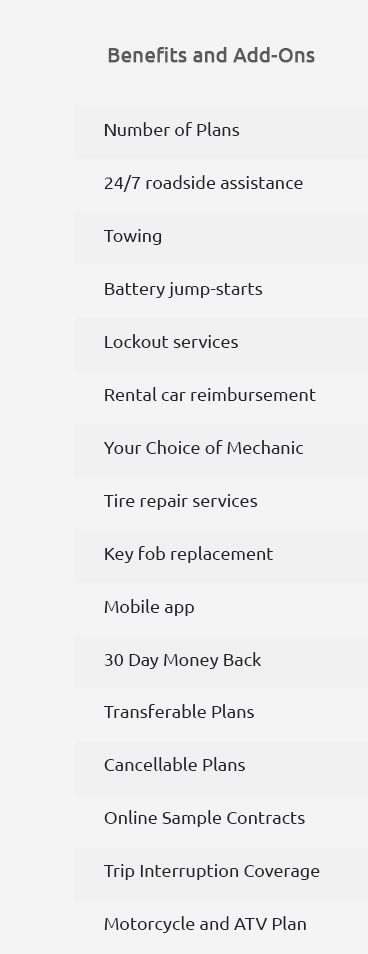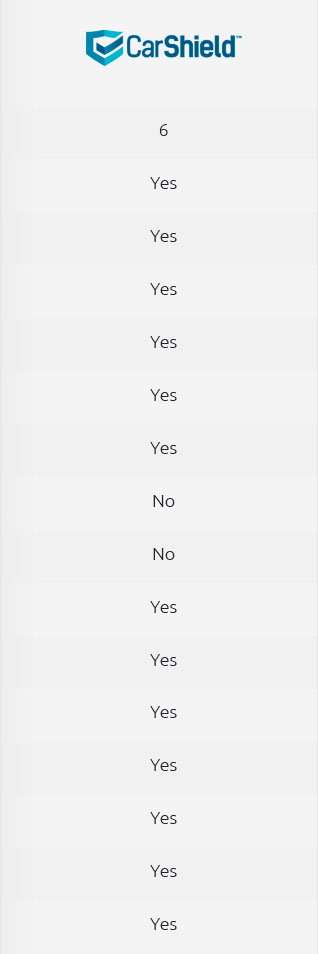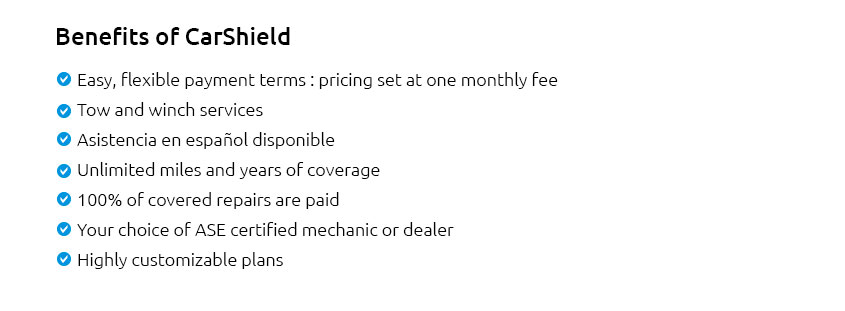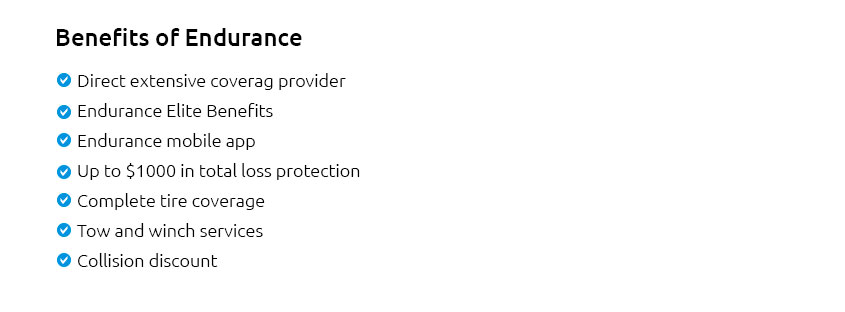 |
 |
 |
Select your vehicle to see available coverage options:
 |
 |
|||
 |
|||
 |
 |
 |
|
 |
|||
 |
|
 |
|
 |
|
 |
|
 |
|
 |
|
 |
|
 |
|

Purchase Warranty for Used Car: A Comprehensive Coverage GuideBuying a used car can be a smart financial decision, but it also comes with its own set of risks. One way to mitigate these risks is by investing in a purchase warranty. In this guide, we'll explore the benefits of having a warranty for your used car, the types of coverage available, and how it can save you money in the long run. Understanding the Basics of Used Car WarrantiesWhen you purchase a used car, unexpected repair costs can quickly add up. This is where a warranty can provide significant peace of mind. A warranty covers specific repairs and part replacements, helping you avoid out-of-pocket expenses. Types of Warranties
Benefits of an Extended WarrantyAn extended warranty can provide numerous advantages, especially for U.S. consumers dealing with used cars:
For more detailed information on the advantages of extended warranties, you can visit auto extended warranty. Factors to Consider Before PurchasingBefore you commit to a warranty, it's essential to evaluate your options carefully: Coverage DetailsReview the policy to understand what's covered and what's not. Ensure that the coverage aligns with your needs and includes essential components. Provider ReputationResearch the warranty provider's reputation. Look for customer reviews and ratings to ensure they honor their commitments. Cost and DeductiblesCompare the cost of the warranty with potential repair expenses. Also, check the deductible amount to avoid surprises when you file a claim. Common Mistakes to AvoidWhen exploring warranties, consumers often make some common mistakes. Avoid these pitfalls to make an informed decision:
For insights on how insurance can complement a warranty, consider exploring auto maintenance insurance. Frequently Asked QuestionsWhat does a purchase warranty for a used car typically cover?A purchase warranty generally covers repairs and part replacements for specific components of the car. Coverage varies by policy, but common inclusions are the engine, transmission, and electrical systems. Is it worth getting a warranty for an older used car?Yes, especially if the car is prone to mechanical issues. A warranty can save you from high repair costs and provide peace of mind. Can I get a warranty if I live in a rural area?Absolutely. Warranties are available nationwide, but make sure the provider has authorized repair facilities near you. https://www.consumerreviewcenter.com/car-warranty/dealership-warranty-on-used-cars/
Used cars don't automatically come with warranties unless some coverage remains from the factory warranty. Automakers include bumper-to-bumper ... https://www.creditkarma.com/auto/i/used-car-warranty
You can buy the coverage for an extra cost. Here's some guidance for gauging whether an extended warranty is worthwhile. Transferability If ... https://www.reddit.com/r/Cartalk/comments/125xdby/need_guidance_about_used_car_warranties/
These days, if I buy a used car, I try to buy one that has a manufacturer's warranty that will cover me, the second owner, for at least 10,000 ...
|